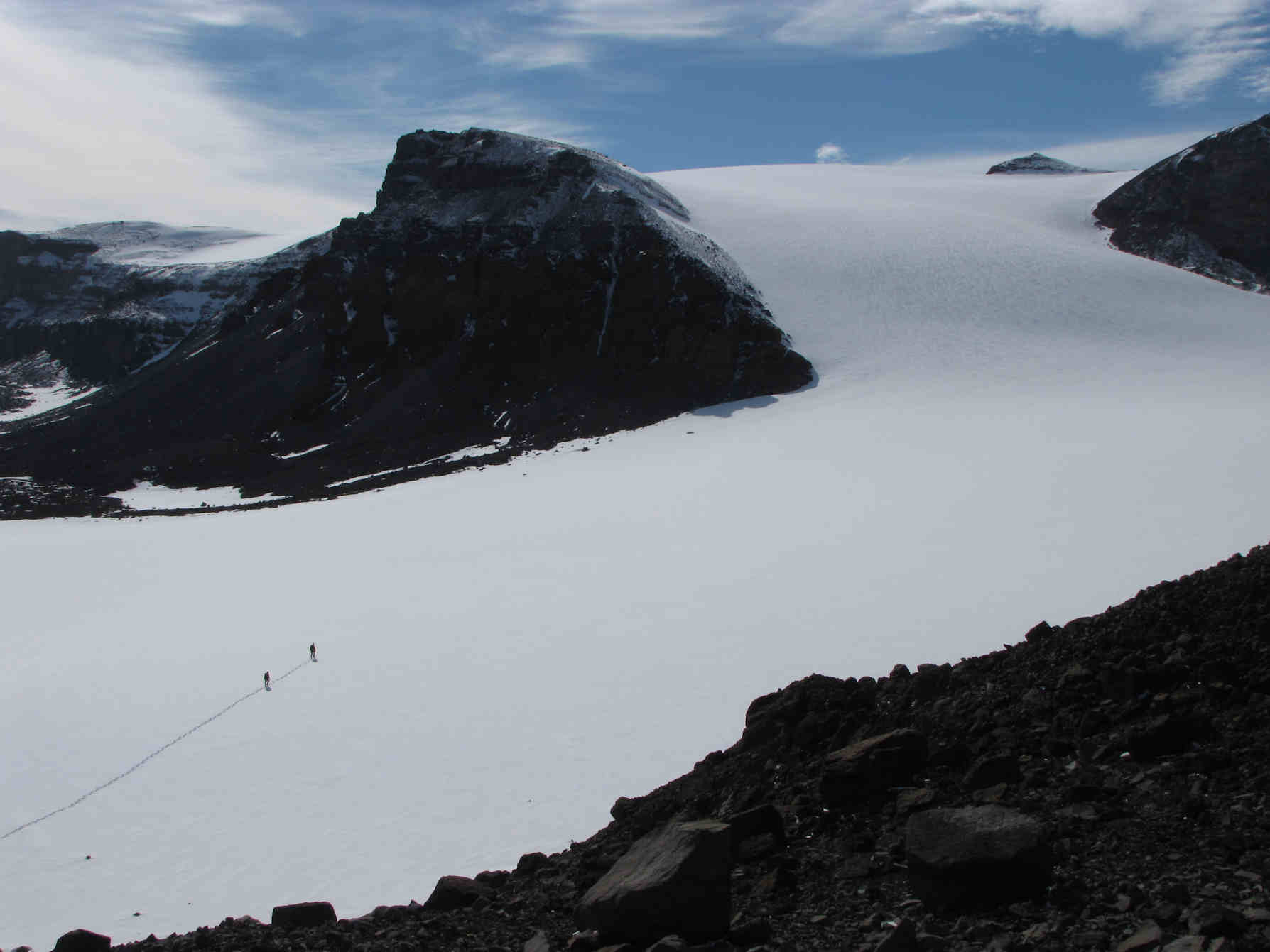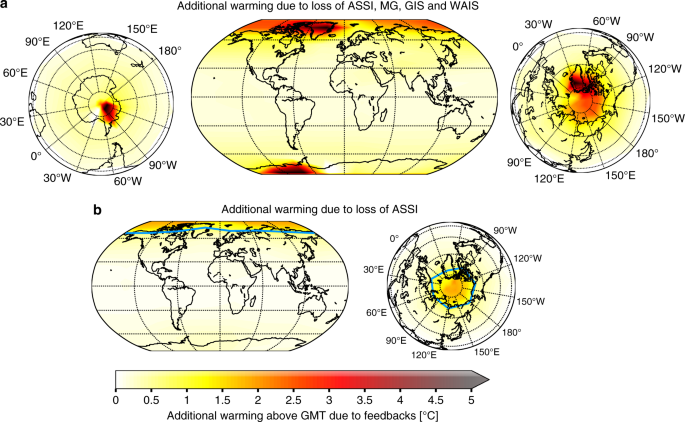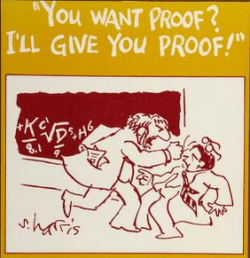Okay, we're waiting for the pro-Warming side to present some counter evidence. Or to interpret the evidence presented above differently.
C'mon, guys! It's my side that're supposed to be the heavy-brow-ridge green-toothed rednecks, mindlessly repeating what Fox News tells us, unable to understand the True Science even if we stumbled across it.
Settle some of that Settled Science on us here: are the ice caps and glaciers melting away? Let's see some facts and figures.


An introduction to Glacier Mass Balance
Glacier mass balance | Measuring mass balance | Mass balance gradients | Mass balance through time | Further reading | References | Comments | Glacier mass balance The mass balance of a glacier is a concept critical to all theories of glacier flow and behaviour. It is simple enough, really: mass...




An introduction to Glacier Mass Balance
Glacier mass balance | Measuring mass balance | Mass balance gradients | Mass balance through time | Further reading | References | Comments | Glacier mass balance The mass balance of a glacier is a concept critical to all theories of glacier flow and behaviour. It is simple enough, really: mass...
AND

Global warming due to loss of large ice masses and Arctic summer sea ice - Nature Communications
The disintegration of cryosphere elements such as the Arctic summer sea ice, mountain glaciers, Greenland and West Antarctica is associated with temperature and radiative feedbacks. In this work, the authors quantify these feedbacks and find an additional global warming of 0.43°C.



